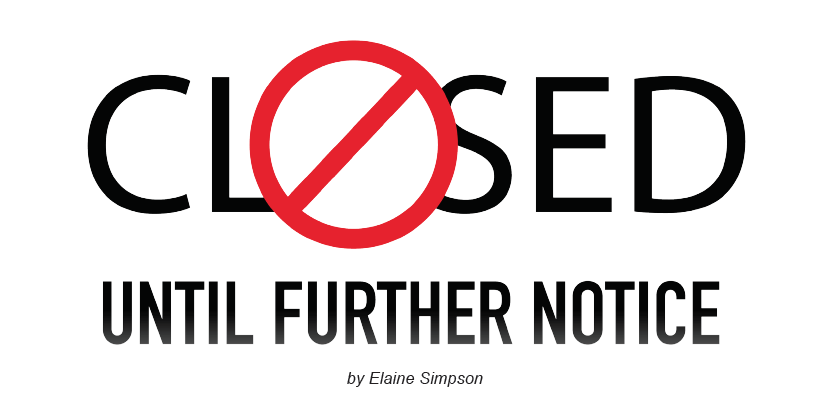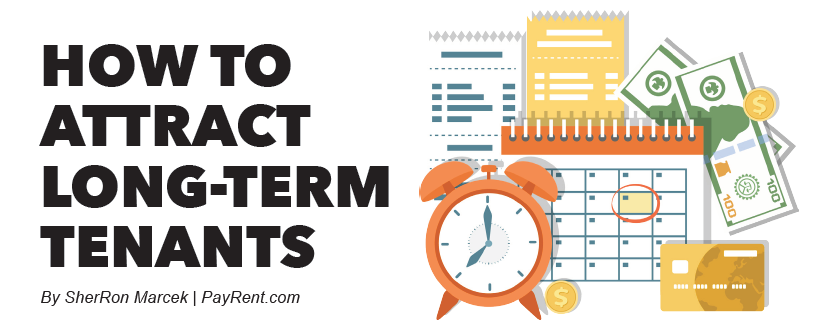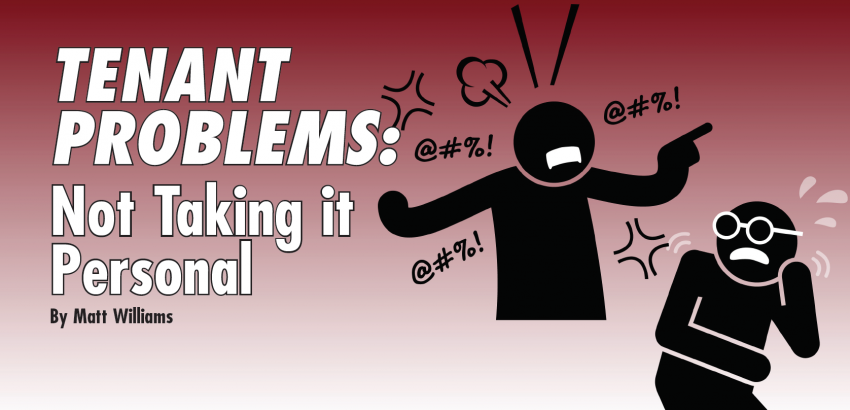Reopening Amenities: Effectively Communicate Your Plan With Residents & Teams

Reopening Amenities: Effectively Communicate Your Plan With Residents & Teams
In some areas, stay-at-home orders are beginning to lift, and restaurants, retail stores, gyms, and communal spaces are reopening to the public. The majority of businesses are taking a phased approach to ensure the safety of their patrons and staff. From closing off streets and parking lots to make room for outdoor dining to requiring face masks, cities are consulting the guidance of their local governments on what steps are needed to reopen their communities.
As a property or community association manager with shared amenities, such as gyms, pools, dog parks, and playgrounds, you need to make sure your reopening plan is in line with your state guidelines to prevent any potential liability issues. In addition, it’s crucial your residents and homeowners are being informed of any changes in a timely manner and that your team members clearly understand each phase.













